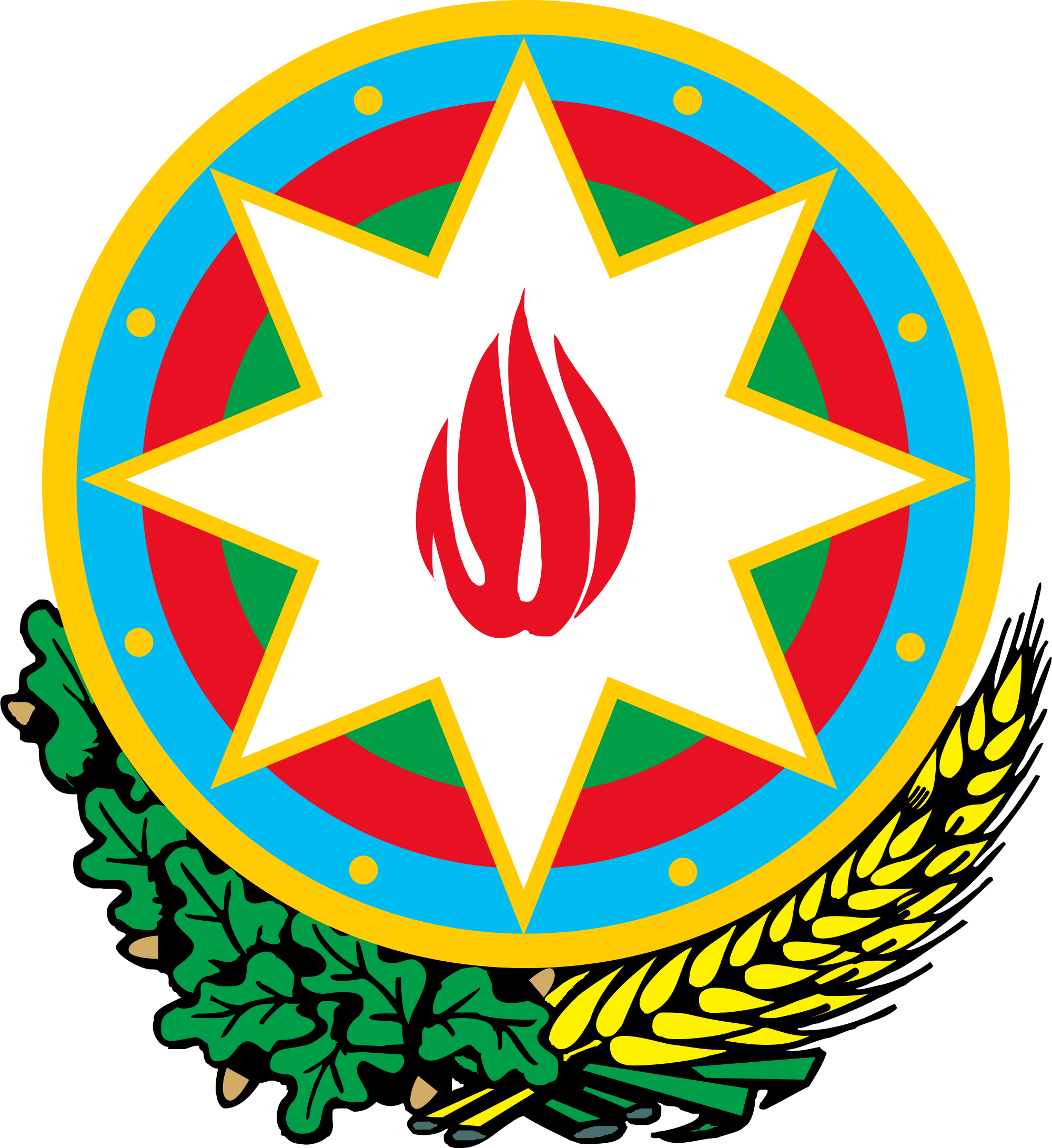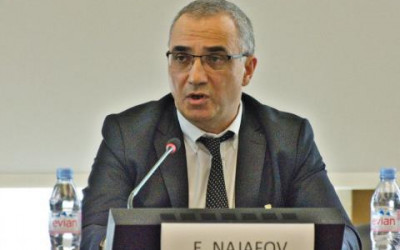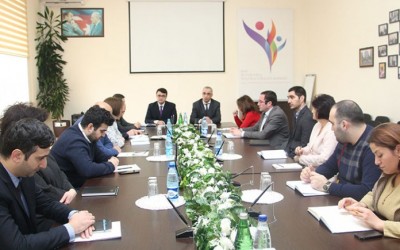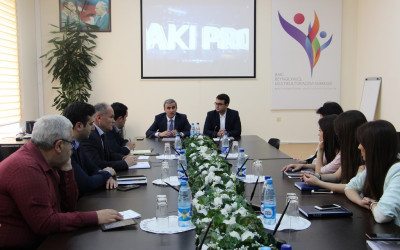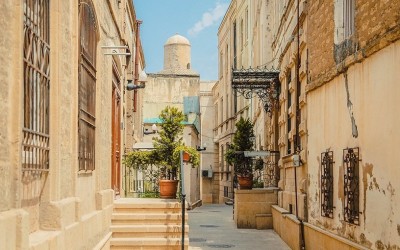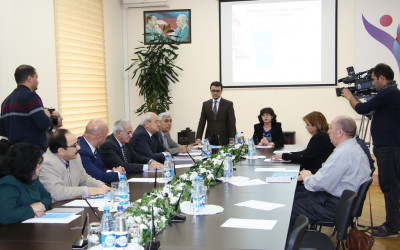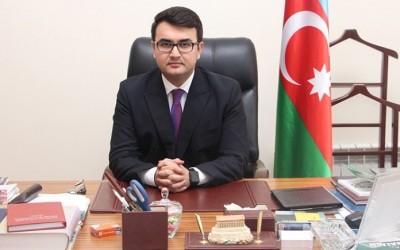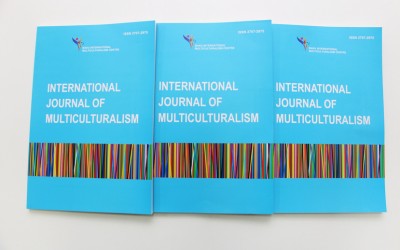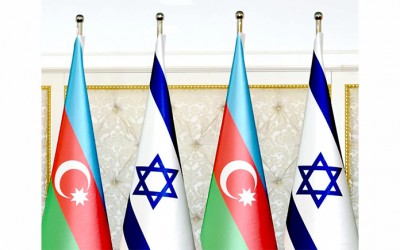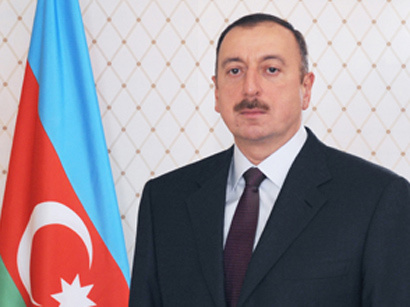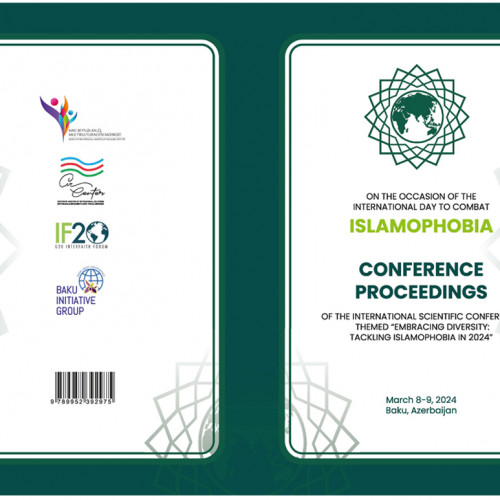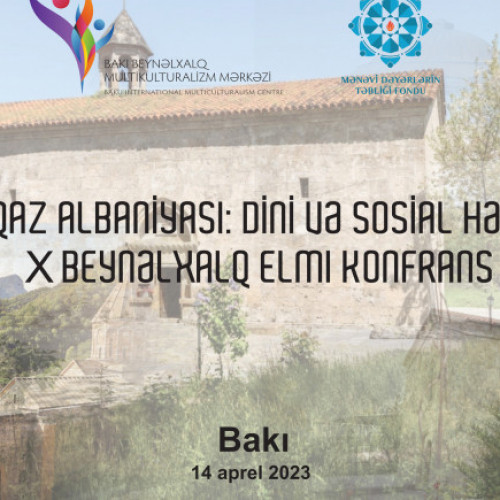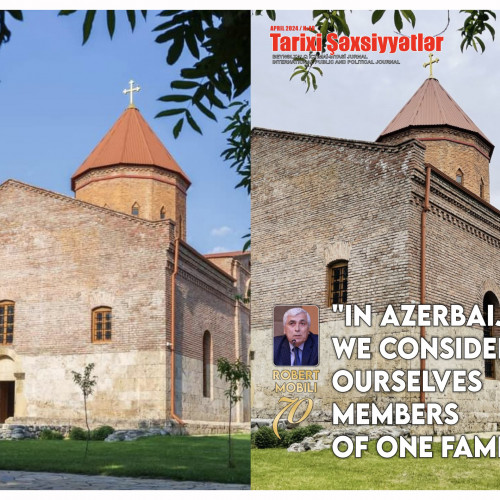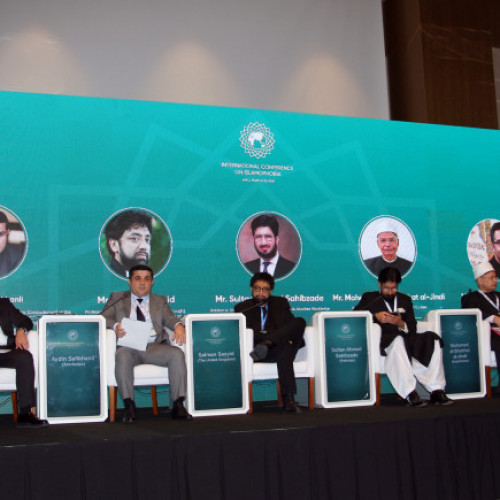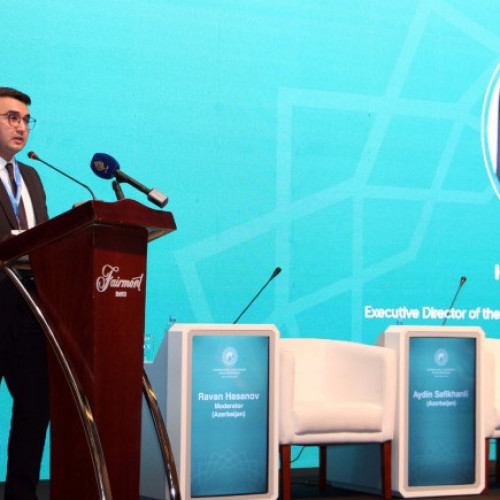Azerbaijan is a true example of inter-civilizational and inter-confessional intercultural dialogue
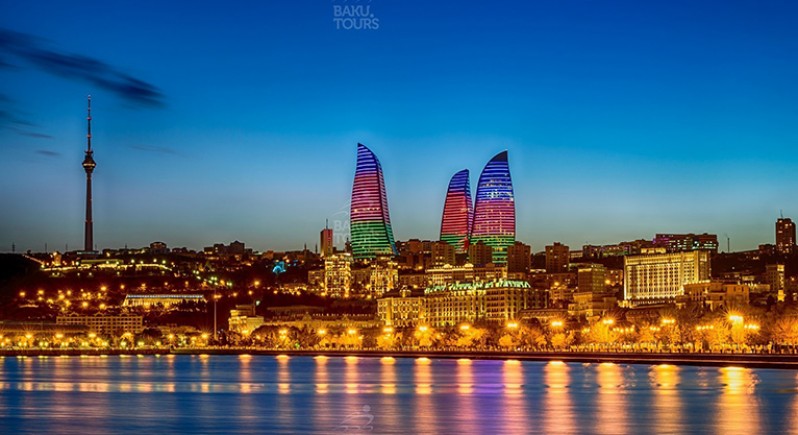
The multiculturalism and tolerance, historically inherent in the lifestyle of Azerbaijanis, today have become an integral feature of the daily life of every citizen of the Azerbaijani state.
A few days ago, the capital of Azerbaijan Republic, Baku, again became a real capital and a true international platform for religious and ethnic tolerance, where the Second Summit of World Religious Leaders successfully took place.
The second Baku summit of leaders of world religions, organized by the Azerbaijani state, had a specific goal – the development and strengthening of interfaith dialogue, the promotion and development of such universal values as mutual understanding and solidarity, tolerance and multiculturalism.
The multiculturalism and tolerance, historically inherent in the lifestyle of Azerbaijanis, today have become an integral feature of the daily life of every citizen of the Azerbaijani state, regardless of their ethnicity, language and religion. Azerbaijan, a predominantly Shi’ite country, is also home to other ethnic and religious groups, including ancient Zoroastrian, Christian and Jewish communities. Respect and tolerance for national minorities have played a vital role in the development of the country from the days of the Silk Road to the present.
The real test of the Azerbaijani tradition of religious and national tolerance was the collapse of the Soviet Union. In this extremely turbulent time, Armenia seized and carried out ethnic cleansing, occupied 20% of Azerbaijani lands, and because of which, more than 1 million Azerbaijani refugees and internally displaced persons live in Azerbaijan.
Despite the terrible bloody conflict, Azerbaijani society has maintained genuine harmony and dialogue between religions and ethnic groups in Azerbaijan. Azerbaijanis have never regarded Jews as foreigners. For 2,600 years, the Jewish people have never faced harassment, insults, pogroms and antisemitic actions on the territory of modern Azerbaijan. Every Jew who has ever been to Azerbaijan can confirm that Jews living there can safely attend the synagogue without going through security cordon, walking around the city in national clothes and hats. To do the same even in some developed Western countries today, it is almost impossible and very dangerous.
Recently meeting with the co-founder and deputy chairman of the Simon Wiesenthal Center, Rabbi Abraham Cooper, Azerbaijan President Ilham Aliyev said: “Recently speaking at a meeting of the CIS countries, I named Garegin Nzhdeh, who served the Nazis, in honor of whom the Armenian government erected a monument. He was a man who said the words, ‘he who died in the name of Germany, died in the name of Armenia.’ This person is involved in the murder of representatives of various nationalities, including Jewish people. Is it possible to endure this monument in the center of Yerevan on the eve of the 75th anniversary of the victory? They protect the fascists. Therefore, of course, we hope that our friends – the Jewish communities in the world, will join us and force the Armenian government to demolish this monument.”
This statement by Aliyev is a demonstration of respect and reverence for the Jewish people. As an Israeli citizen, I would like express my special gratitude to Aliyev for his courage and diplomatic skill to declare this statement at the CIS summit. Aliyev is practically the only head of state who so frankly pointed out the Nazi Nzhdeh, for whom was erected a six-meter monument in Armenia in the post-Soviet space and among countries of Eastern Europe.
We do not interfere in the sovereign rights of peoples to interpret our history, historical past and perpetuate the memory of our national heroes. However, we should not be silent when people involved in the monstrous crimes of the Holocaust turn into national heroes.
How can we Israelis react to the monument erected three years ago by the Nazi accomplice, fascist and antisemite Nzhdeh in Yerevan? Can a country call its hero a fascist criminal accused of a crime against humanity? The perpetuation of the memory of Nzhdeh is a shame and an insult to the memory of the victims of the Holocaust. For me personally, whose grandfather lost all the members of his family, who were destroyed by the Nazis in Ukraine, this is an unbearable pain in the soul. That is why, for me, it is also a personal tragedy.
For many years in Armenia, despite a very small number of communities, Jews have been subjected to moral violence, which is expressed in the publication of antisemitic books, antisemitic broadcasts on television, as well as in the repeated desecration of the memorial plate to the victims of the Holocaust in Yerevan.
From my point of view, the installation of a monument for Nzhdeh in Yerevan once again confirms that a large-scale cult of these fascists has been created in modern Armenia, destroying both representatives of my people and Soviet soldiers.
AS AN Israeli citizen, I can only proudly say that the leadership of Azerbaijan and personally of Aliyev demonstrate a great degree of respect and reverence for Jewish community. Under the patronage of Aliyev, two synagogues and the largest Jewish educational center in the South Caucasus have been built. The first Azerbaijani Jewish museum is planned to be created, which will be the first Jewish museum in the South Caucasus.
The world-famous village of Krasnaya Sloboda, Guba region – “Caucasian Jerusalem” in the north of Azerbaijan, which is considered the only settlement of compact mountain Jews outside of Israel, is the real pride of Azerbaijan. Jews and Azerbaijanis have lived peacefully, harmoniously, like brothers in this region.
The State of Israel also highly appreciates the role of the Azerbaijani leadership in relation to the Jewish community. Without this tradition of respect and partnership, close bilateral relations between Azerbaijan and Israel hardly existed. Relations between the two, as well as between Azerbaijan and Azerbaijani Jews, cannot be explained by simple mutual interest. Common values and common history permeate modern interstate relations. Both countries enriched with human ties and determination to live in diverse and religiously tolerant societies.
The Second Summit of World Religious Leaders is designed to become a genuine international platform, which, by raising awareness of the importance of inter-religious and inter-civilizational dialogue throughout the world, will provide an opportunity and incentive for people, countries and organizations around the world to take concrete measures to support tolerance, diversity, multiculturalism, dialogue and mutual understanding between peoples and religions. The Second summit of World Religious Leaders in Baku proved once again that Azerbaijan is a true example of inter-civilizational and inter-confessional intercultural dialogue.
The writer is a political analyst.

